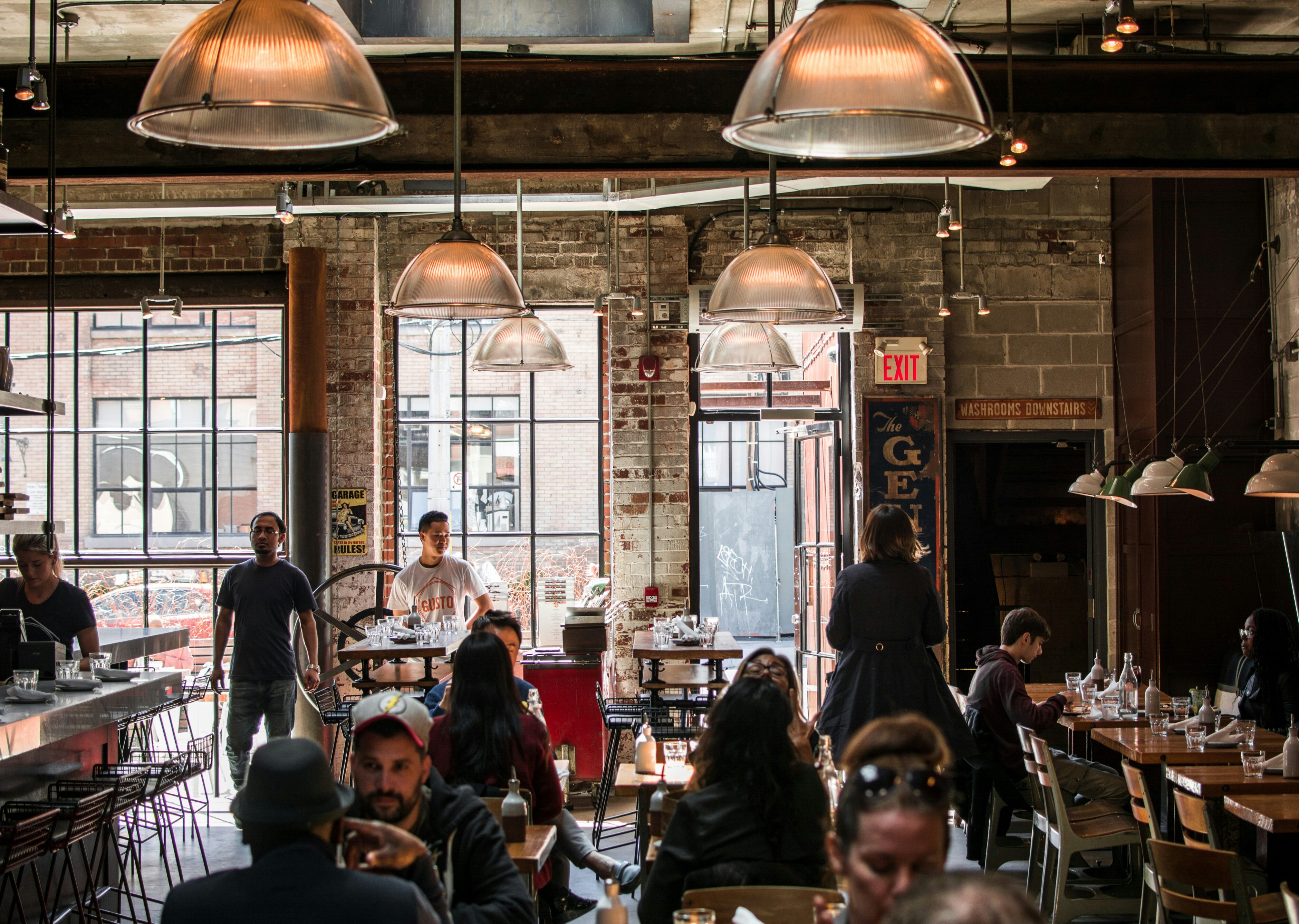THE GREEN LINE
DOCUMENTERS NOTES
CITY SEEKS TO PROTECT TORONTO’S LIVE MUSIC VENUES BEFORE IT'S TOO LATE
Toronto’s Economic Community Development Committee moved forward with the Soundcheck Project, aiming to preserve live music venues as closures and pressures on the industry rise.

The Silver Dollar which was granted heritage status but is currently inactive.


Eugene Slonimerov
Belarusian-Canadian who specializes in urban and conflict studies and the arts. Cares about abandoned public spaces, community-building, mapping memories and solving the housing crisis. Kensington Market is home.
Oct. 24, 2024
These city meeting notes are part of Documenters Canada. Learn more about our program here.
The Economic Community Development Committee met on Oct. 23 to discuss the Soundcheck Project, which explores potential policies that can preserve Toronto's live music venues.
This meeting followed up on an earlier motion presented on Sept 24. by the Toronto Music Advisory Committee which requested the Economic Community Development Committee to take steps to protect existing live music venues and encourage the establishment of new ones at a time when the industry is struggling with closures.
The Toronto Music Advisory Committee gave a presentation that highlighted the struggles and disappearances of live music venues. The Silver Dollar Room on Spadina Ave. was a prominent example as it was retained by the city as a historical heritage yet serves no programming.
What do members of the community have to say?
Harris Rosen, author and community activist, spoke with passion and pointed out that the list of stakeholders to be consulted lacked local community members.
- He also took issue with exemptions that allows venues to evade having to soundproof and allows entertainment giants such as Live Nation to practise what he called “private authority.” In particular, he spoke about Live Nation clearcutting trees for a venue’s parking lot at Ontario Place.
Ingrid Buday, founder of No More Noise Toronto and member of the external working group for the Night Economy project, also stressed that host communities need to be included.
- Buday warned that enabling venues can lead to gentrification that displaces people, adding that “poor neighbourhoods tend to be louder.”
- She stressed more than once that the host community should be “the key holder” in these considerations, not Business Improvement Associations (BIAs). She asked if resident associations were contacted.
- She offered suggestions for noise mitigation measures such as using sound limiters for heavy bass amplification and implementing better ventilation so the venues could keep doors closed.
- Buday also said that venues need to take the needs of seniors and newcomers into consideration and need to move away from alcohol sales and extended hours as a business model.
Coun. Bravo clarified that the committee was discussing live music venues and not dance night clubs that would have heavy bass.
- She reiterated that the committee was talking about the loss of small venues. Once it’s gone, it’s gone forever, she added.
- She also spoke about the high number of working musicians in her ward, Davenport.
Deputy Mayor Ausma Malik said that too many of our cultural spaces disappear, especially live music venues "that are right sized and in our neighbourhoods."
- “They [live music venues] put us on the charts globally when it comes to music, when it comes to that live experience and also when it comes to experimenting with what might be the next big thing,” she said.
- She lauded the project as one that is looking for solutions.
What was the outcome of the discussion?
The motion to go ahead with the Soundcheck Project was passed unanimously.
What does our Documenter have to say?
Another important change in the live music scene of Kensington Market is the slow disappearance of rooming houses and other housing that musicians could afford. Musicians I know have moved or are moving to Hamilton, Prince Edward County and Montreal. This raises the question of whether housing advocates should be included in the conversation of protecting live music venues.
Fact-Check Yourself
Sources and
further reading
Don't take our word for it —
check our sources for yourself.
Care about our city, but don't know how to make it better? Sign up for simple, step-by-step guides to solving problems in your neighbourhood — one small action at a time.
